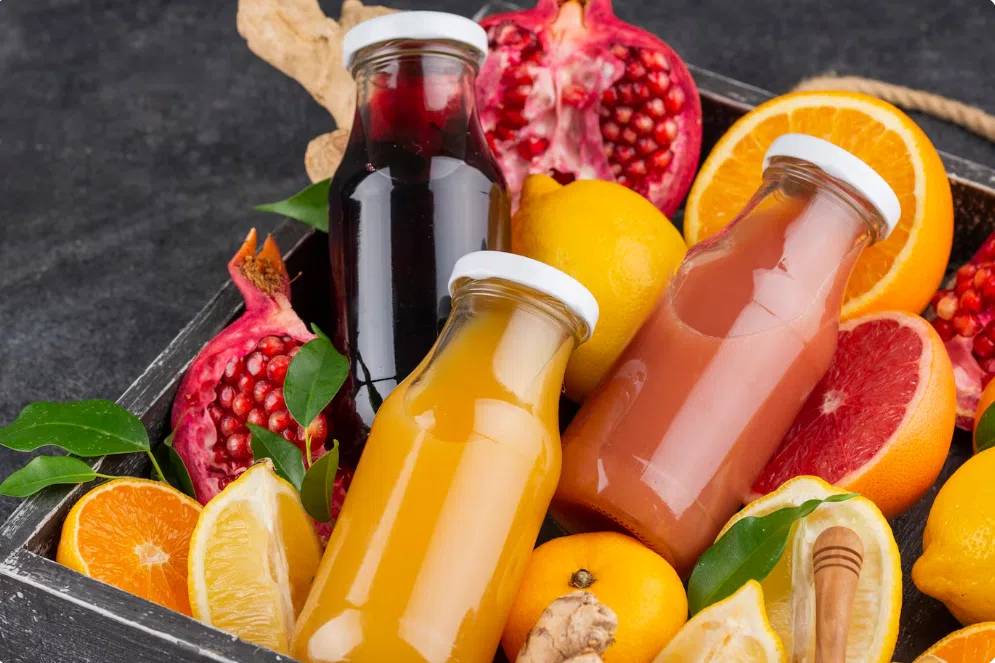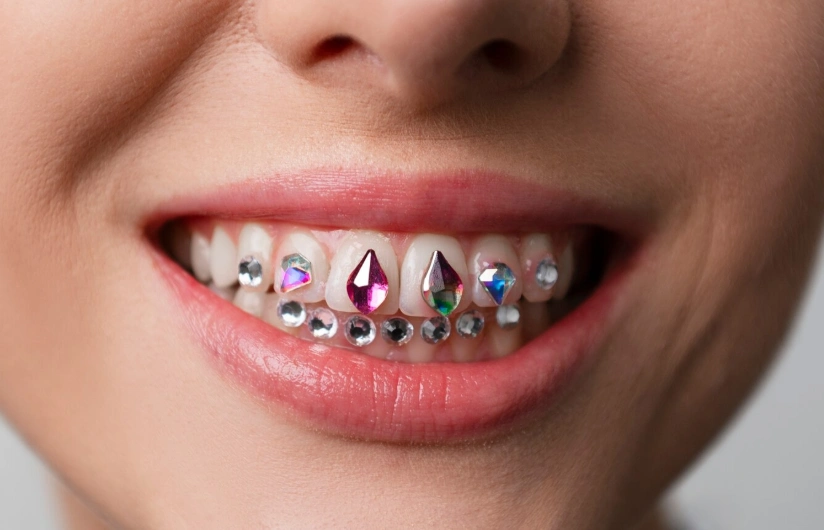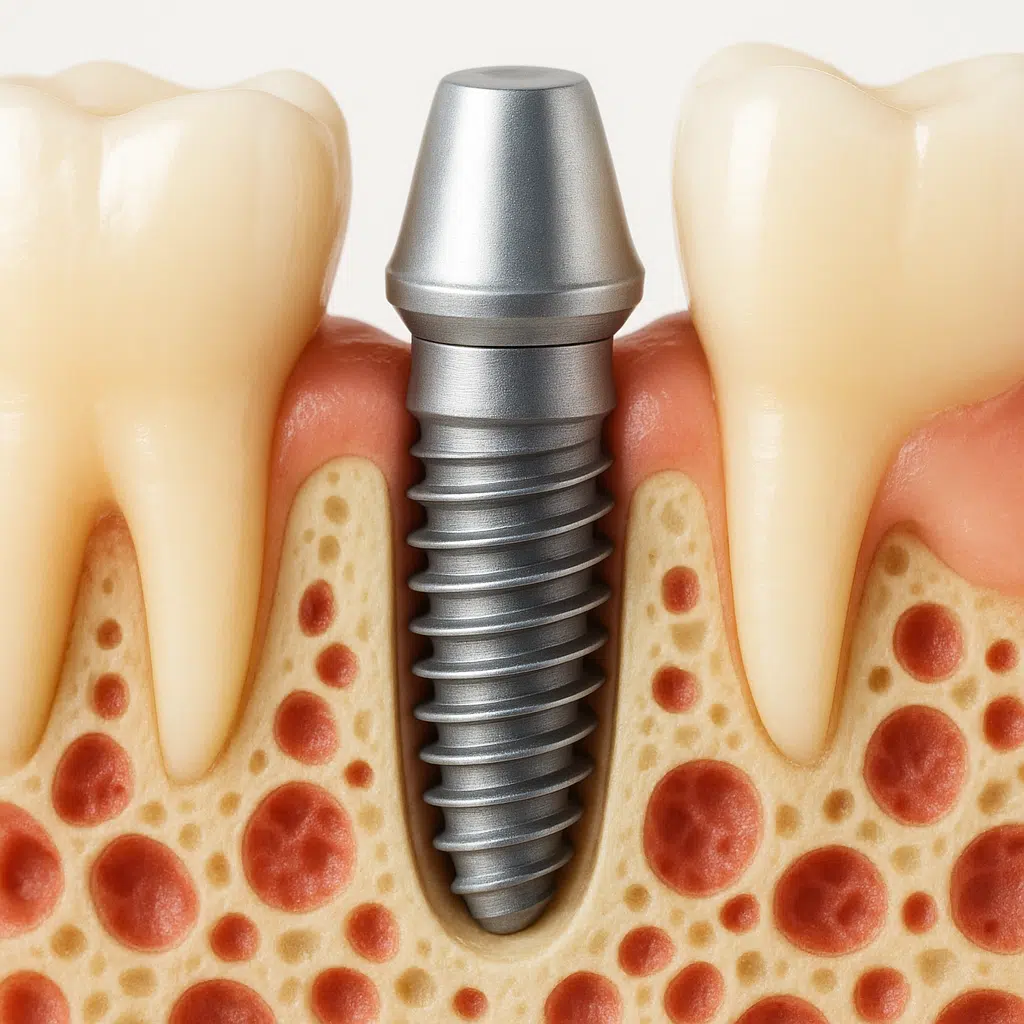🍊 How Acidic Are Fruit Juices for Teeth?

Fruit juices, for instance, tangerine, apple, and cranberry, are generally viewed as healthful beverages with a high content of vitamins, antioxidants, and other nutrients. However, they can be unbeknownst to be a source of the harmful food acids. While these acidic fruits can be a great way to get valuable vitamins, their natural acidity can have an impact on your dental health.
In this article, we will learn more about how the acidity of fruit juices affects teeth, why they are acidic, and ways in which they can still be a part of your diet without harming your enamel.
🔬 Why Are Fruit Juices Acidic?
Fruit juices, particularly those extracted from citrus fruits such as oranges and cranberries, come with organic acids like citric acid, malic acid, and ascorbic acid (vitamin C). These are the acids behind the sour, tangy taste of the juices and are found in different amounts according to the fruit source. Orange juice is included in the list, with its pH value that may vary from 3.0 to 4.0, which suggests that it is acidic enough, while apple and cranberry juices usually have pH levels of about 3.1-4.5. Though the juices are a good source of vitamins and minerals, their pH levels are quite low, which can soften the enamel of the teeth if used regularly or in abundant quantities.
🦷 How Fruit Juices Affect Your Teeth
Enamel Erosion
Acids in fruit juices can wear off and thin the tooth enamel with time. This not only damages the layer of the teeth but also makes it sensitive, which is a problem with many people all over the world.
Sore Teeth
Throughout the phase of alteration, which is the point where the enamel is abraded, the teeth that are near the root or the gum, particularly, are more likely to ache at the exposure to thermal and chemical stimuli, i.e., hot and cold foods and beverages. This could eventually be irritating as well as painful.
Discoloration
When the enamel is demineralized, the teeth are no longer as strong and can acquire stains. The soft enamel allows more pigments to adhere to the surface of the tooth from fluids, and this leads to discoloration.
Cavities
Despite the fact that fruit juices contain less sugar than carbonated drinks, the pH values of the juices could also be instrumental in tooth decay. The juice acids are the culprits for enamel erosion and as the bacteria fit in, they speed up the process of dental cavities.
Tips to Protect Your Teeth While Drinking Fruit Juices
- Drink in moderation: The less juice you drink, the less damage is done to your teeth by the acid.
- Use a straw: Drinking through a straw will lead to less direct contact between the juice and your tooth surfaces.
- Rinse your mouth with water after drinking fruit juices, as it helps to remove residual acids and sugars.
- Don’t sip juice throughout the day: If you consume it constantly, your teeth are exposed to acid for a longer period, and this can be more harmful than having it at once.
- Wait before brushing your teeth: It is better to brush your teeth at least 30 minutes after drinking fruit juices, as doing so before that can cause further damage to softened enamel as a result of the friction of the process.
🍎 Final Thoughts from Lema Dental Clinic
On the one hand, citrus fruits or apples and cranberries are beneficial nutrient sources and can be chosen as refreshing drinks. However, the high natural acid content has the potential to decalcify your tooth enamel if these drinks are consumed too often or taken in high amounts. Using simple measures such as drinking in moderation, using a straw, and rinsing your mouth regularly is the key to a balanced diet.




